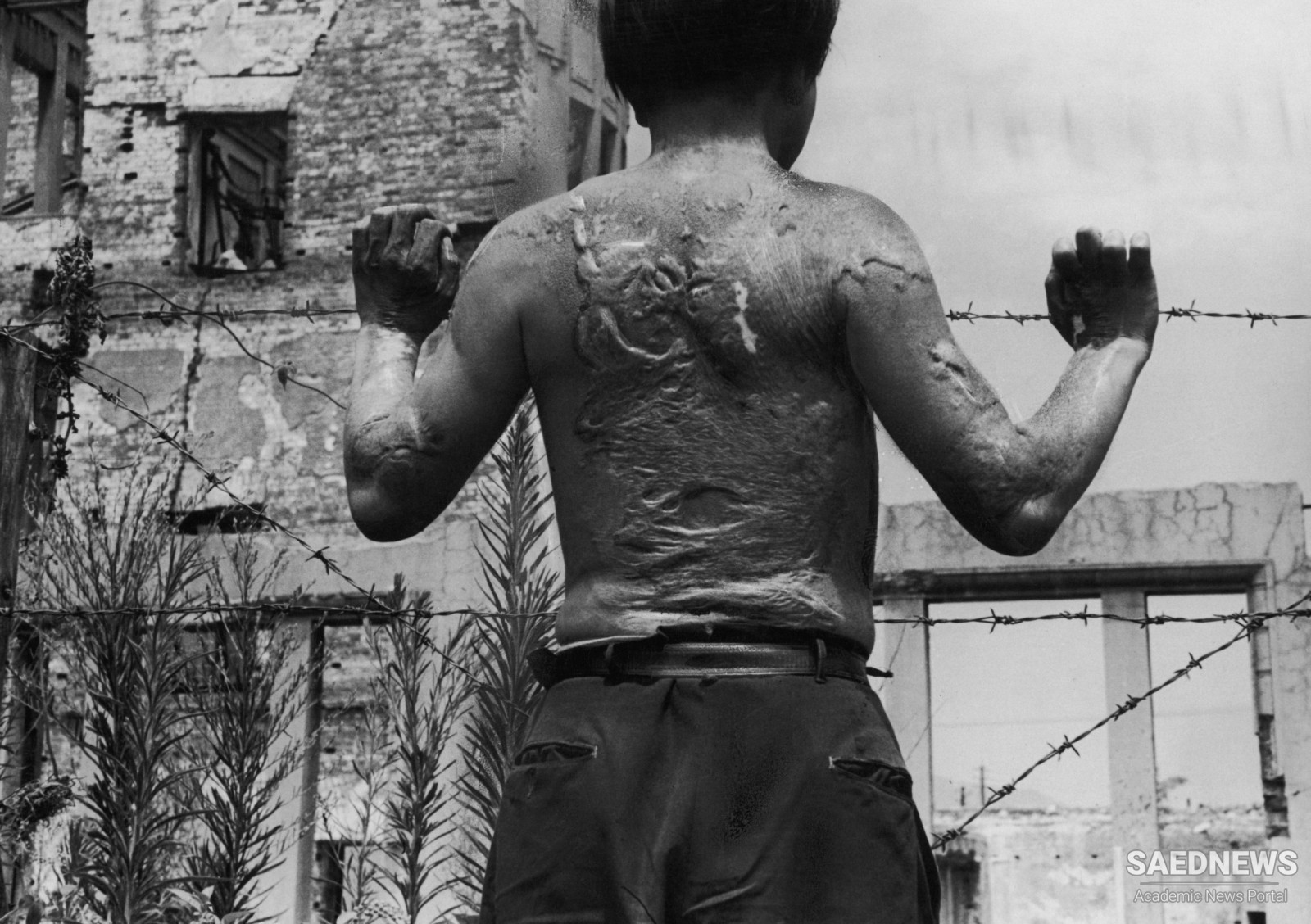Another brilliant American physicist, Ernest O. Lawrence (1901–1958), reported that “the [Trinity] explosion produced a kind of solemnity in everyone’s behavior immediately afterwards. There was a restrained applause, but more a hushed murmuring bordering on reverence as the event was commented on.” It was Lawrence’s pioneering work on accelerators that enabled teams of scientists at the University of California in Berkeley to create the first transuranic elements in the early 1940s. At Trinity, most of the scientists who helped develop the world’s first nuclear explosive device were more concerned with ending World War II than with contemplating the long-term social consequences of their work. In fact, many of them, like Fermi, were political refugees who had fled fascist governments in Europe and sought freedom in the United States before the war began. Although Nazi Germany had just surrendered, the brutal war with imperial Japan still raged in the Pacific. The anticipated invasion of the Japanese home islands by Allied forces promised to yield several million casualties on both sides. Considering the possibility of a prolonged and bloody conflict, President Harry S. Truman (1884–1972) made the incredibly difficult decision to drop atomic bombs on the Japanese cities of Hiroshima (August 6, 1945) and Nagasaki (August 9, 1945). At the time, his decision was viewed and accepted by many Americans as a necessary step in bringing World War II to a rapid conclusion. However, more than five decades later, some historians are revisiting his momentous decision and questioning whether this particular action was actually necessary. Much to his personal credit, for the remainder of his life Truman accepted full responsibility for his now-controversial decision to use the newly developed atomic bomb as a weapon of war.


 Enrico Fermi's Reactor and Birth of Plutonium
Enrico Fermi's Reactor and Birth of Plutonium














































